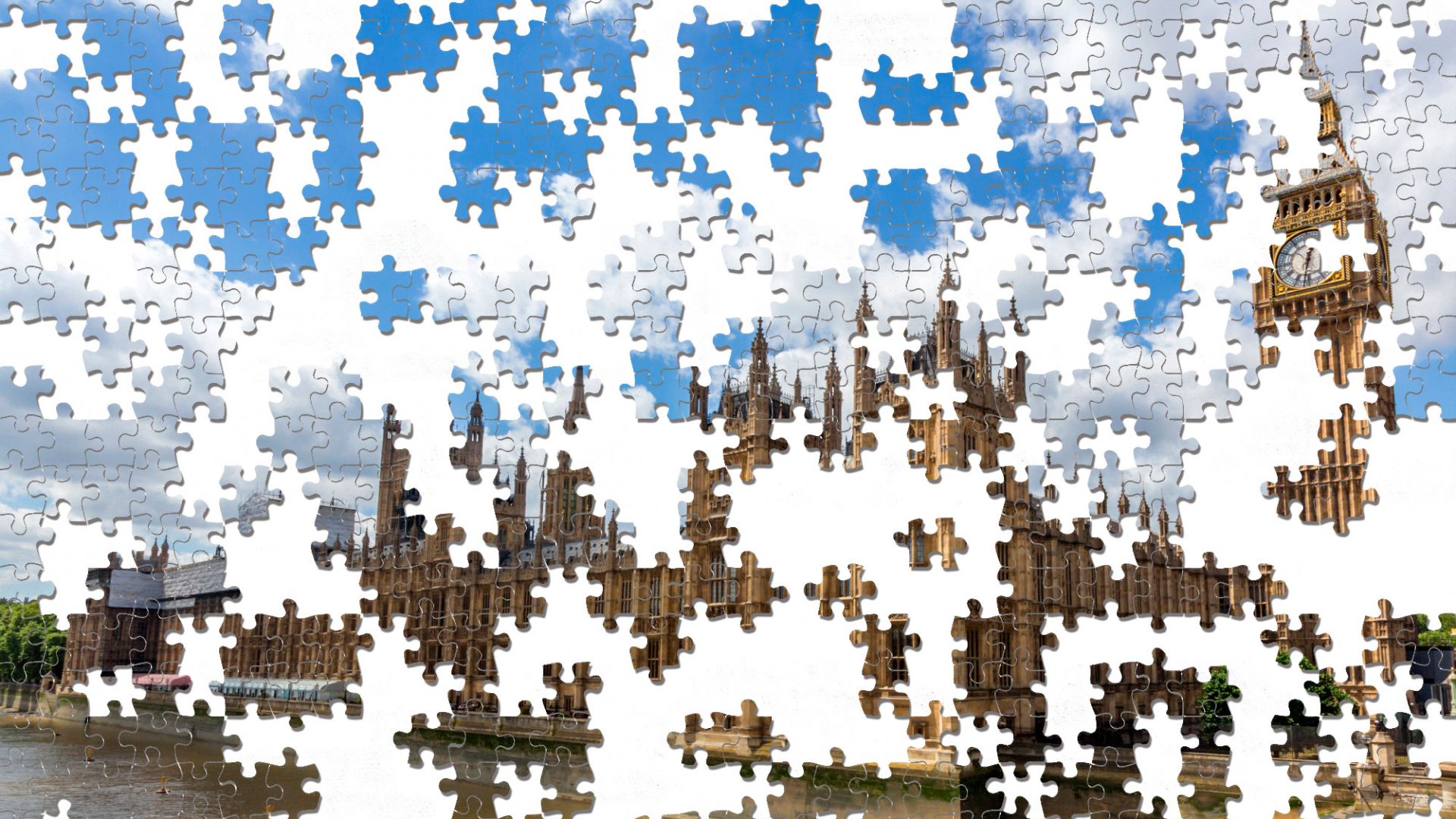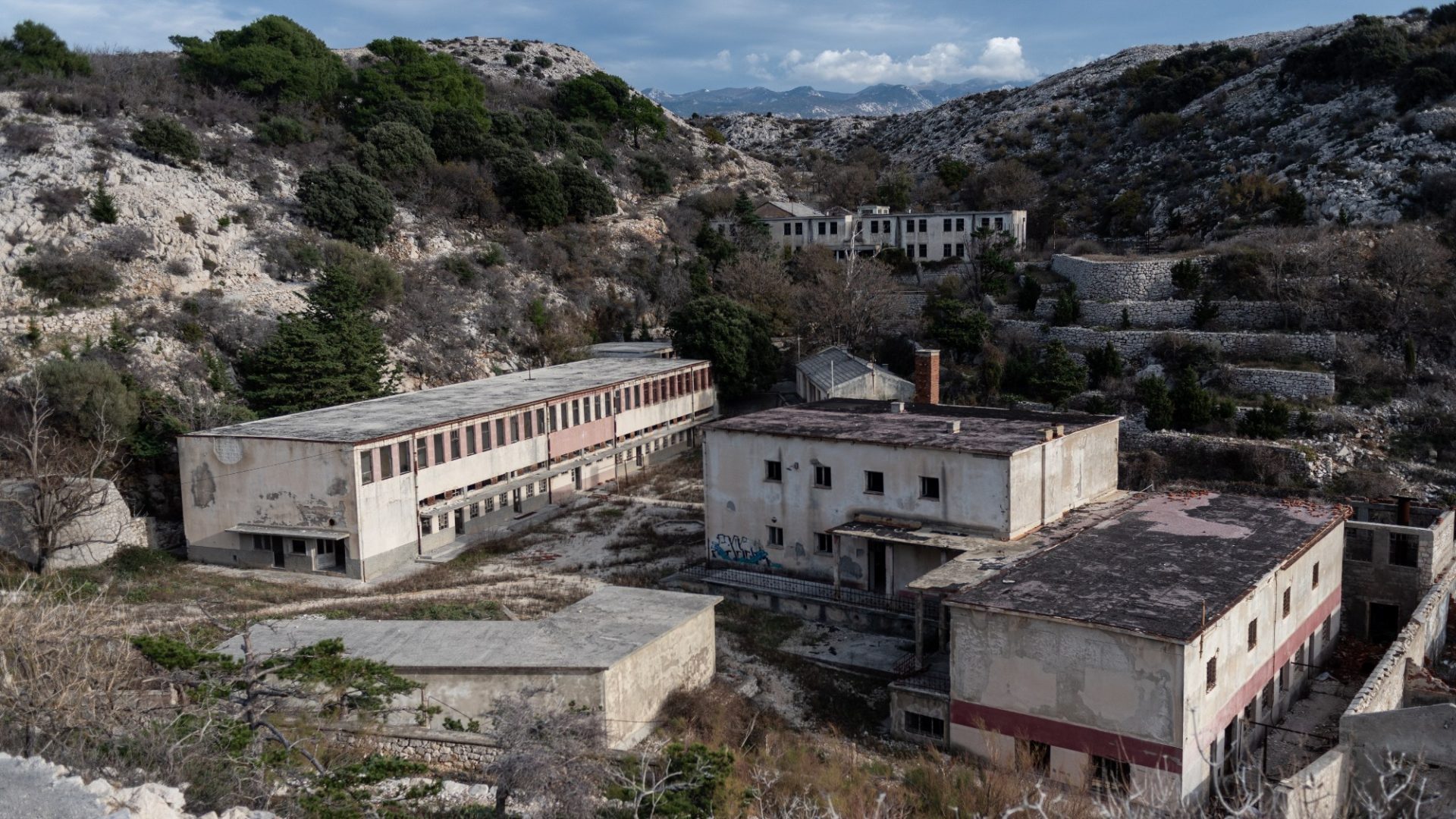Lost trade, lost business, lost growth, lost opportunities. These are the things that first come to mind when we think about the way Brexit has disrupted our people and businesses.
But there is another problem that is harder to spot: the damage done to our state’s ability to function. In the last week, two separate reports have cast a spotlight on this.
The first, from the Institute for Government (IfG), concluded that after years of underperformance, the machinery of government is no longer fit for purpose. It called for the total reform of the cabinet (far too large), the Cabinet Office and the Treasury.
Adding weight to that conclusion is the second report, from UK in a Changing Europe (UKICE), which exposes the immense damage that Brexit has done to the efficiency and reputation of the civil service.
There are now 100,000 more civil servants than there were pre-Brexit, with the Cabinet Office, the Home Office and Defra seeing the largest increases in staff. Some of the arrivals are because of Covid, but most are due to Brexit.
In order to replicate what a total of 32,000 Eurocrats in Brussels do for the 27 EU countries, the UK has had to recruit three times as many new civil servants. And still it has failed to deal with the consequences of Brexit.
And what are all these new pen-pushers doing? The jobs that we didn’t have to do for ourselves or didn’t even exist when we were in the EU.
We have found Brussels did a lot of heavy lifting. Britain had virtually no expert trade negotiators for decades because the European Commission handled trade talks. Now we’ve had to recruit and train lots of very well-paid people to replace them.
Before Brexit, the UK had “40 or so” civil servants focused on trade; now there are well over 2,000. Think about it, you need pretty much the same-sized trade team for one country as for one trade bloc.
The same kind of thing has happened with the regulation of business – takeovers, mergers, acquisitions, market-rigging, monopolies and all that. For years, those decisions were made in Brussels for the whole of the EU, which enabled the EC to stand up to and regulate international giants far better than the individual member-states could.
But that heft and sway died with Brexit and so did the EU’s work on our behalf. We have had to rebuild that capacity in Westminster, which means packs of lawyers, accountants, auditors and other highly paid staff being hired and trained to do a job less well than Brussels managed.
Then, as the UKICE report makes clear, there’s a host of other things that we didn’t need before, but do now. Border officials, vets and pen-pushers to check the forms that weren’t previously used, people to collect new charges, officials to manage and check farm payments that weren’t needed before. New departments to cope with regional policy and spending, new lending bodies to copy what the EU used to do.
The report is full of examples of Brexit costs virtually hidden until now. As Jill Rutter, one of its authors, told me: “It’s like a jigsaw, where people are making the pieces up as they go along and then they try to hammer them in, and they really don’t fit.”
Endless changes of ministers and of minds mean, says the report: “Policy is unstable due to ministerial churn, a lack of central direction, and vulnerability to lobbying.” It all helps to explain the flip-flopping that has been so costly, with bonfires of EU laws and standards assembled and then dismantled after wasting millions of pounds and millions of man-hours.
The Department for Agriculture has introduced a new, worse, system of subsidies for farmers, but one that requires repeat inspections of farms and therefore a new army of farm inspectors.
The vital border controls on food imports have been delayed five times in all and are almost certainly still not ready even though they are due to finally start this year.
Brexit has also undermined Westminster’s relationship with the devolved administrations and regions, failing to replace the funds they received from Brussels while asking them to “administer new functions and devise and deliver more policy from scratch, rather than merely implementing EU policy decisions. A lack of capacity has at times made this challenging, loading them with new costs and burdens.” To cope, Scotland alone has had to increase the size of its civil service by 66% since the referendum.
All this mess means Britain’s international power is weakened. “Its overall influence on global trade, climate and AI is widely seen to be diminished by no longer being able to influence the EU’s decision-making from the inside,” says the report. So much for Global Britain.
The UK has “also lost the role it used to play as a bridge in climate talks between the US and the EU and, robbed of its former policy influence, resembles ‘a child outside a sweetshop with its face pressed up against the window looking at all the tasty things inside’, according to Shane Tomlinson of the climate change think tank E3G.”
All in all, the Tory government has heaped cost upon cost while trying to get to grips with the fact that the state has a lot more to do post-Brexit. As Rutter told me, the basic problem is that “we didn’t really have a strategy for a long time pre-Brexit, you know what sort of Brexit we wanted… and as this report shows, we didn’t have a strategy for post-Brexit either”.
The result has been an expensive muddle, resulting in confusion, inefficiency and diminished influence.
Brexit was, as Sir Jeremy Heywood, the then cabinet secretary, said, “probably the biggest and most complex challenge the civil service has faced in our peacetime history”.
It has been made considerably worse and more complex because of the millstone of an incompetent, indecisive, directionless and divided government around its neck.




